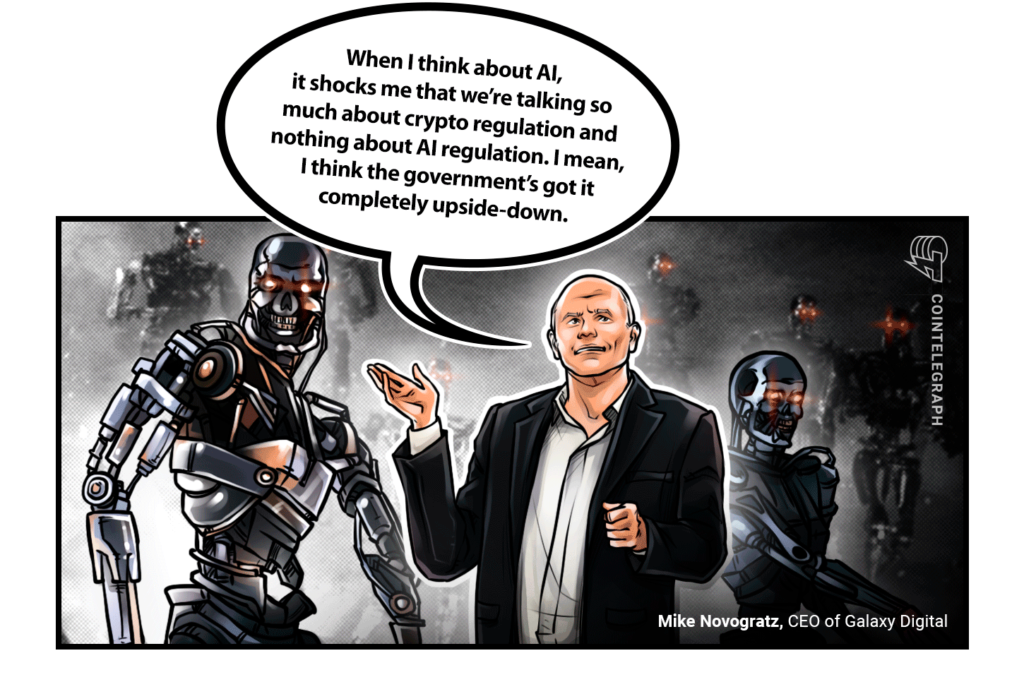
Italy’s watchdog in charge of data protection has announced that it is temporarily blocking the artificial intelligence chatbot, ChatGPT, and opening an investigation over suspected breaches of data privacy rules.
The data protection agency has ordered the immediate limitation of data processing for Italian users by OpenAI, the United States-based company behind ChatGPT. The agency highlighted that this was a response to the recent data breach that the AI platform suffered on March 20.
We believe the number of users whose data was actually revealed to someone else is extremely low and we have contacted those who might be impacted. We take this very seriously and are sharing details of our investigation and plan here. 2/2 https://t.co/JwjfbcHr3g
— OpenAI (@OpenAI) March 24, 2023
In addition, the Italian data watchdog also said there is a lack of information for users regarding data collected by OpenAI. Furthermore, the agency noted a lack of legal basis justifying the mass collection and storage of personal data by AI as it trains its algorithms. The agency also said that information given by the AI chatbot doesn’t always reflect accurate data, and determined that there may be inaccuracy in processing personal data.
Apart from these, the Italian data watchdog also highlighted a potential breach of ChatGPT’s own data protection rules. According to the agency, although ChatGPT limits its use to people over age 13, no filter verifies the user’s age within the application. This means minors could be exposed to unsuitable answers for their developing minds.
Related: Here’s how the crypto industry is using artificial intelligence
Apart from Italy, the AI chatbot is also facing heat in other parts of the world. On March 31, the Center for Artificial Intelligence and Digital Policy (CAIDP) filed a complaint against ChatGPT, attempting to stop the release of powerful AI systems to the masses. The CAIDP described the chatbot as a “biased” and “deceptive” platform that poses a risk to public safety and privacy.
Magazine: All rise for the robot judge: AI and blockchain could transform the courtroom



